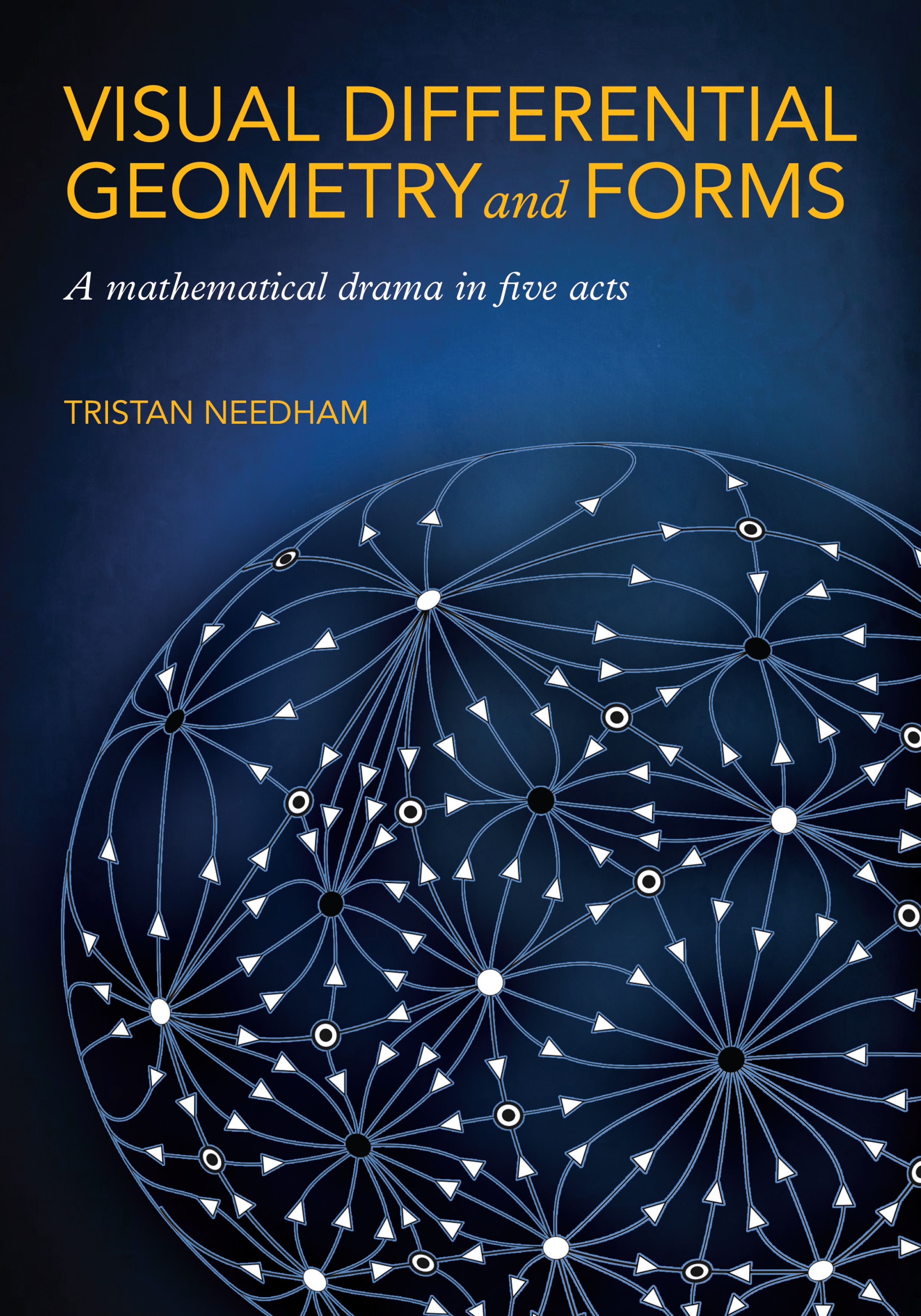
Differential geometry is a field of mathematics. Since the late 1940s and early 1950s differential geometry and the theory of manifolds has developed with breathtaking speed.

I doubt however that you will have a direct application in engineering.
What is differential geometry. Anzeige Über 7 Millionen englische Bücher. Differential geometry is a field of mathematics. It uses differential and integral calculus as well as linear algebra to study problems of geometry.
The theory of the plane as well as curves and surfaces in Euclidean space are the basis of this study. Since the late 1940s and early 1950s differential geometry and the theory of manifolds has developed with breathtaking speed. It has become part of the ba- sic education of any mathematician or theoretical physicist and with applications in other areas of science such as engineering or economics.
WHAT IS DIFFERENTIAL GEOMETRY. U f Figure 11. A chart Perhaps the user of such a map will be content to use the map to plot the shortest path between two points pand qin U.
This path is called a geodesic and is denoted by pq. It satis es Lpq d Upq where d Upq inffLj t 2U. Differential geometry is the tool we use to understand how to adapt concepts such as the distance between two points the angle between two crossing curves or curvature of a plane curve to a surface.
For example if you live on a sphere you cannot go from one point to another by a straight line while remaining on the sphere. The calculation of the curvature of a curve is made through its first differential knowing that the differential is the tangent line to a curve at a point and therefore what varies this differential as soon as the point in the line changes gives us its Degree of curvature. What is differential geometry.
These notes are designed for those who either plan to work in differential geometry or at least want to have a good reason not to do it. They should be more than sufficient for a semester-long course. The main object of study of algebraic geometry are the algebraic varieties geometric objects defined as solutions of algebraic equations while the differential geometry is the study of geometric objects such as curves surfaces and more generally differentiable through mathematical analysis.
Let me expand Thomas good answer by saying that local differential geometry is the study of properties of a geometric structure that at each point depend only on the neighborhood of a given point or more precisely the germ of the structure at that point. Differential geometry exactly tells us how to do this and it allows us to extend calculus to just about any nice space we want. Whats more the calculus tools we have can sort of detect the geometry of the space were on - it can tell us about the location of peaks and valleys it can tell us just how curvy our space is it can help us figure out the shortest path between two points and.
This course is an introduction to differential geometry. The course itself is mathematically rigorous but still emphasizes concrete aspects of geometry centered on the notion of curvature. As some of the core segments of higher mathematics calculus and geometry play a pivotal role when analyzing and understanding the basics of mathematics and how to apply them.
Differential geometry branch of mathematics that studies the geometry of curves surfaces and manifolds the higher-dimensional analogs of surfaces. The discipline owes its name to its use of ideas and techniques from differential calculus though the modern. A branch of geometry dealing with geometrical forms mainly with curves and surfaces by methods of mathematical analysis.
In differential geometry the properties of curves and surfaces are usually studied on a small scale ie. The study concerns properties of sufficiently small pieces of them. Begingroup I hardly believe that the subject partial differential equations or the subject algebraic geometry are well-defined.
It always depends on your point of view. For example is arithmetic geometry part of algebraic geometry or of number theory. Many areas of research are in the intersection of different subjects and if person A tells you that person B is doing algebraic geometry.
Differential geometry is fun to do and can be very useful when it comes into play. I doubt however that you will have a direct application in engineering. You will notice that everything that you have learned and will learn about physical systems fits in the language of differential geometry.
At this point the tree of differential geometry branches out into various topics like Riemannian geometry symplectic geometry complex differential geometry index theory etc not to mention a close sister differential topology. I will only mention one book here for the breadth of topics discussed. Anzeige Über 7 Millionen englische Bücher.